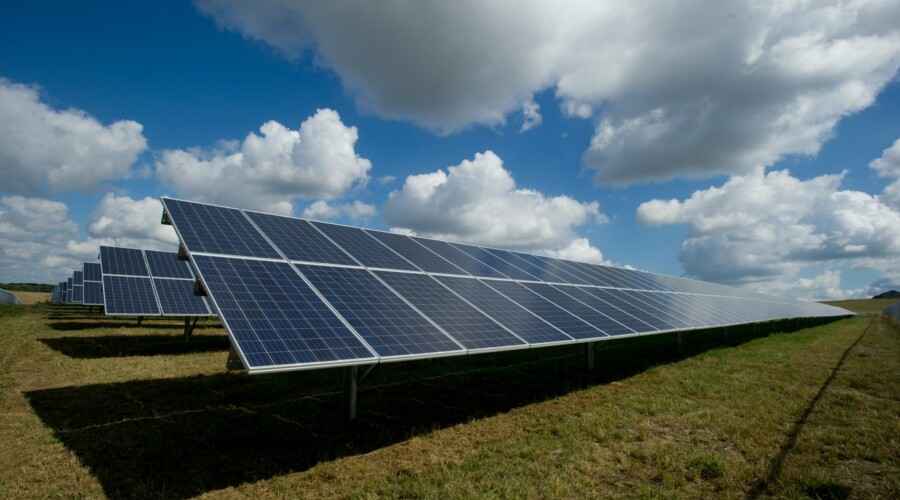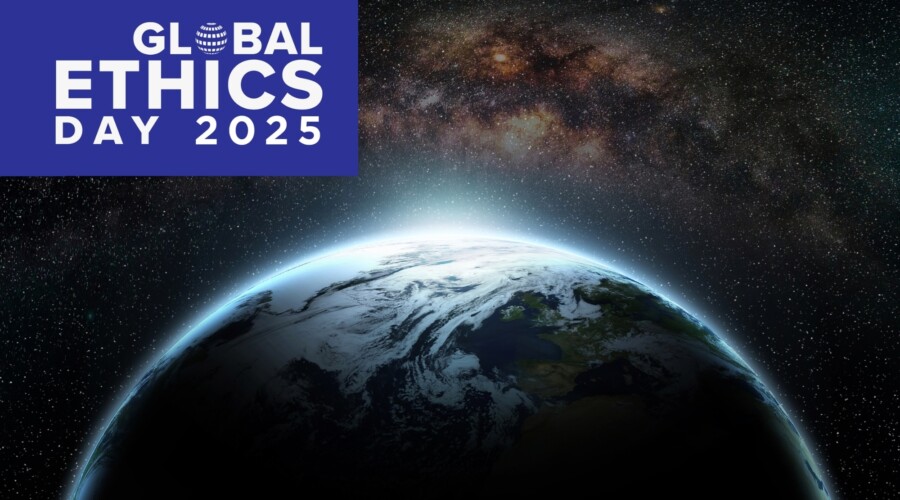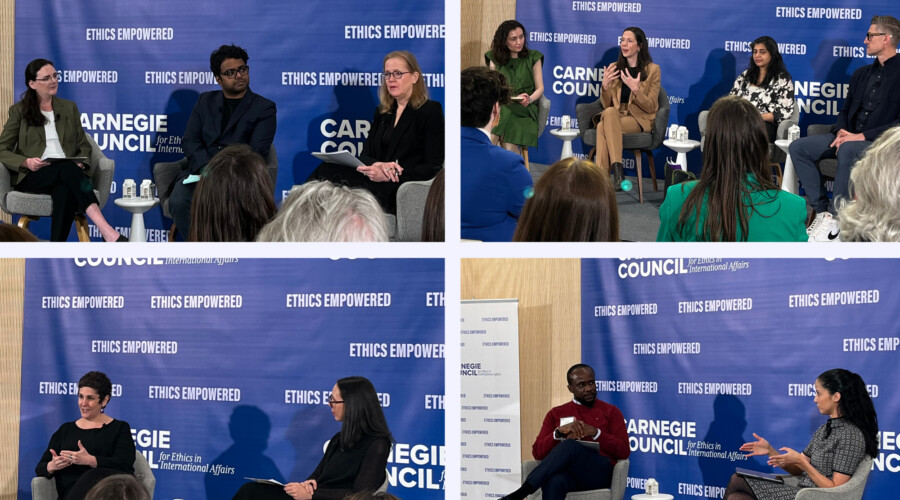Over the summer, Carnegie Council Senior Fellow and Asia Dialogues Director Devin Stewart continued his series of interviews with a wide range of experts on Asia. Topics covered include U.S.-Asia relations under President Trump, North Korea, the Trump effect in Japan, Islamic influence in Indonesian politics, avoiding war with China, and more.
All interviews are conducted by Devin Stewart. Access the full transcripts and audios by clicking on the links below, or listen to them on iTunes.
(See also Stewart's earlier podcast series "Trump in Asia.")
ASIA
George Friedman: The End of the International Order and the Future of AsiaThe period that began at the end of World War II was a freak, says geopolitical forecaster George Friedman. "We're returning to a more normal structure in which the nation-state is dominant, international trade is intense but managed by states for their own benefit, and where this idea that the nation-state is obsolete goes away." (July 2017)
Ziad Haider: U.S.-Asia Economic Ties Under Trump In this post-TPP world where the U.S. has taken a step back from Asia, the vacuum is being filled by China's initiatives, such as the One Belt One Road, says Ziad Haider, former State Department special representative for commercial and business affairs. Yet China's actions also offer opportunities for the U.S. (July 2017)
Meredith Sumpter: The "G-Zero" World Hits Asia "First and foremost, a G-zero is a world in which no one country has dominant power or can influence the international system of governance," explains political risk expert Meredith Sumpter. "We are amidst a transition to a multipolar world, a world that is marked by the relative rise and power of other countries, even while the United States continues to be the most powerful country." (July 2017)
Michele Wucker on When the Gray Rhino Hits AsiaMichele Wucker describes a gray rhino as the "love child of the black swan and the elephant in the room." In other words, "it's a metaphor for the big, obvious thing that's coming at you that you've got a choice to deal with or not." Why has this concept struck such a chord in China, Taiwan, and Korea, while Americans tend to be more in denial about their gray rhinos? (July 2017)
Stratfor's Rodger Baker on the Rebalancing of World Politics and Asia "I think the biggest impact of Donald Trump's presidency, particularly in Asia-Pacific, has been the concept of uncertainty," says Baker. "Uncertainty, if the United States were just a small peripheral country, is manageable; uncertainty when the United States is such a large and impactful country becomes very difficult to manage." (June 2017)
Mira Rapp-Hooper on "Subcontracting" U.S. Policy Toward Asia The U.S. and China have fundamentally different priorities regarding the Korean Peninsula, explains Asia expert Rapp-Hooper. "So, by subcontracting North Korea policy to China," she says, "I think the United States is evincing some amount of naïveté on how far Beijing is likely to actually be willing to go." (June 2017)
Conversation with Raymond Kuo: Can Trump be a Bismarck in Asia? "This has happened before where we've had a great power who is essentially the leader of the international system taking a transactional approach. The closest example would be maybe Bismarck in the 1870s until the eve of World War I. There it worked quite well. . . . The drawbacks of this, of course, are that it is highly unstable." (June 2017)
Ali Wyne on the Risks of U.S. Disengagement from Asia "Unless we are able to overcome our strategic attention deficit disorder for lack of a better phrase, and unless we are able to not only compete anew economically in the region, but also shape a constructive economic agenda in the region, I fear that that perception of American disengagement will only intensify," says Atlantic Council Fellow Ali Wyne. (June 2017)
NORTH KOREA
Isaac Stone Fish: Facts and Fiction on North Korea Asia Society's Isaac Stone Fish is working on a novel set in Pyongyang, but he's also looking for the truth in the "world's most opaque country." Why does he think the North Koreans are acting rationally? What are the possible outcomes if tensions continue to rise between Kim and Trump? (June 2017)
Joel S. Wit: Nuclear War with North Korea? The North Koreans are not crazy, says Korea scholar Joel S. Wit. They have valid reasons for feeling threatened and their nuclear strategy has actually paid off for them. So what are the U.S. options at this point? (March 2017. This is earlier than the other interviews, but provides useful background.)
JAPAN
The Trump Effect in Japan with Robert Dujarric "[First,] a strong United States is what the government of Japan wants. In that sense, Trump is a threat. It is one that not all, but I feel a lot of Japanese analysts, are oblivious to. And second, what can they do? The answer is they can't do anything." (August 2017)
INDONESIA
Islam in Indonesia's Political Economy with Wayne Forrest Indonesia is enjoying economic growth and the reemergence of democracy, yet it is troubling that the influence of Islam in politics is also growing. "I'm still optimistic that Indonesia can weather these outside Islamic influences that come from the Middle East and that are not really from their culture," says Wayne Forrest, president of the American Indonesian Chamber of Commerce (AICC). (August 2017)
CHINA
Joshua Eisenman on "Chinese National Socialism" China is cracking down on freedom of expression, reports China expert Joshua Eisenman. Is this the beginning of a new Cultural Revolution, as some people fear? If so, we need to understand that this time it will be a Cultural Revolution of the political right, not the left, says Eisenman. "The tactics that they're using are neo-Maoist tactics, but the ideas are neo-fascist." (August 2017)
Graham Allison on Destined for War: Can America and China Escape Thucydides’s Trap? Thucydides's Trap is the dangerous dynamic that occurs when a rising power threatens to displace a ruling power. So is war between China and the U. S. inevitable? No, says Allison, but both nations will have to make "painful adaptations and adjustments" to avoid it, starting with U.S. policy adjustments regarding the South China Sea and the Korean Peninsula. (July 2017)
Scott Kennedy of CSIS: Worst Case Scenarios for China's Economy After four decades of stellar growth, where is China's economy headed today? "In the last few years not only has the economy slowed down, but the government's commitment to economic liberalization has waned," warns Scott Kennedy, an expert on China's economy. (June 2017)
Amitai Etzioni on Avoiding War with China The result of a war with China? "At best we have to spend hundreds of billions of dollars on weapons nobody will use which are badly in need of nation building at home; at worst, we get into a war with a major power that has nuclear weapons." (June 2017)
ABOUT ASIA DIALOGUESBy conducting original, empirical research and facilitating educational exchange, the Asia Dialogues Program seeks to advance ethical inquiry around contentions within Asia and the United States.



